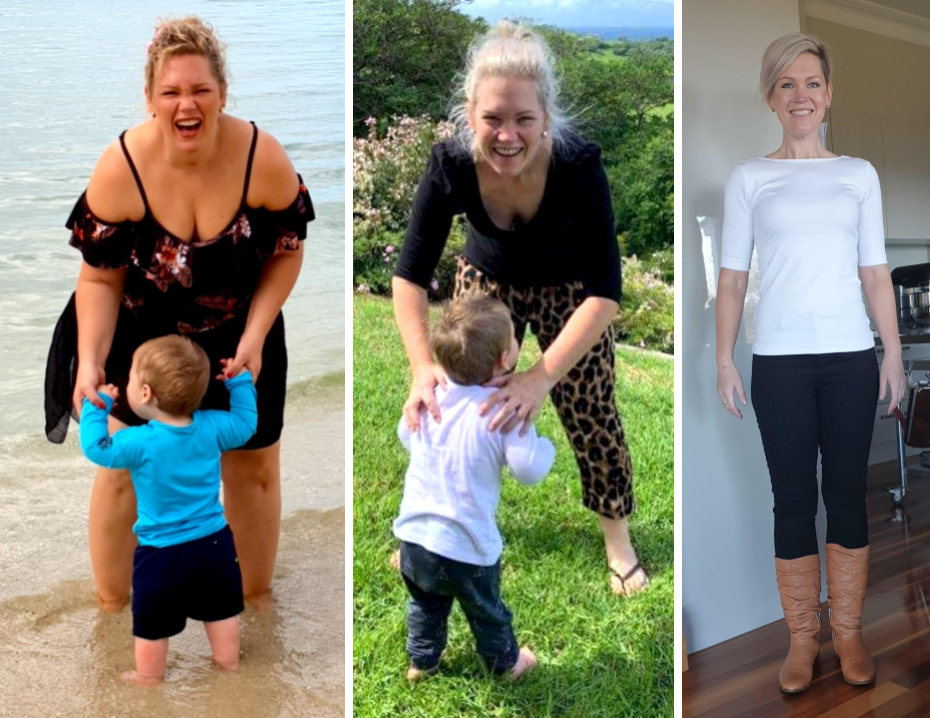
What to Expect From Weight Loss Surgery?
It Depends
A weight loss journey can be different for everyone? Some differences start with you and can include:
- Your health, age and starting weight,
- Any related or other health problems,
- Your goals and expectations
- Is reversibility an issue, and
- Other factors
While these are covered in consultation with your surgeon there are many common attributes with most patients and the more common weight loss surgeries.
Your Surgery Choice
What procedure will you choose?
There are different kinds. Some, like the gastric "sleeve" and gastric banding, shrink your stomach's size. They are restrictive surgeries. Other operations, such as the duodenal switch, only bypass part of the intestine, so you absorb less food. Doctors call these malabsorptive surgeries.
Pros and Cons of Weight Loss Surgery
Dr Maani will screen you carefully to check that you are physically and mentally ready for the surgery, as well as prepared to commit to the big changes needed to keep the kilos off.
You'll discuss the risks and benefits of the procedure you're considering. Your doctor may ask you to do some things before the surgery, such as quit smoking, lose some weight, and make sure your blood sugar is under control.
Before Your Surgery
Dr Maani will tell you exactly what you need to do. You'll avoid aspirin or any products that have it, and herbal supplements, 1 week before your operation.
You'll need to have Optifast (VLCD) as 2-3 meals replacement starting 2 weeks before surgery. You'll get general anesthesia during the surgery.
During Weight Loss Surgery
Dr Maani commonly uses a laparoscopic surgical method. Laparoscopy employs tiny incisions and has few complications, with quick recovery time.
For this keyhole procedure a thin, lighted tool, called a laparoscope, shows what's going on inside via a monitor in the operating room.
Gastric Bypass Weight Loss Surgery
This involves the use of surgical staples to create a small pouch to serve as your new stomach. This pouch will hold about 1 cup of food. The rest of your stomach will still be there, but food won't go to it.
Your surgeon will cut your small intestine beyond the stomach and attach one end of it to the small stomach pouch and the other end lower down on the small intestine, making a "Y" shape.
The rest of your stomach is still there. It delivers chemicals from the pancreas to help digest food that comes from the small pouch.
Weight Loss With a Gastric "Sleeve"
Dr Maani removes some of your stomach and creates a tube-shaped stomach, or a gastric sleeve, that is still attached to your small intestine.
After the surgery, your stomach will only be able to hold about 150-200 ml. You'll feel fuller sooner because your stomach is smaller. You also won't be as hungry because most of the tissue that makes the "hunger hormone," called ghrelin, will be gone.
While is non-reversible it is the most common weight loss procedure performed.
Other Weight Loss Procedures
Other Bariatric Surgeries commonly performed include:
Adjustable Gastric Banding - using an inflatable ring around the top of your stomach that inflates to reduce the amount of food allowed to enter the stomach
Mini Gastric Bypass
Biliopancreatic Diversion - a malabsorptive procedure, which means it cuts way down on the calories and nutrients you absorb from food. This operation is for people with the most weight to lose, because you miss out on a lot of nutrients.
After Your Weight Loss Procedure
No matter the type of operation you have, your surgeon will close any cuts with surgical stitches or staples.
You'll stay in the hospital for a short time to make sure you're OK. You'll take pain medications for a day or so and Dr Maani will closely watch you for any problems, like low blood sugar, dehydration, or blood clots.
Eating After Weight Loss Surgery
You'll be on a liquid diet at first. After a while you can eat solid foods (5-6 weeks).
You'll work closely with a dietitian who's familiar with weight loss surgery to make an eating plan. You may not be able to eat what you did before. You must eat smaller portions and fewer calories. You'll need to make sure you get enough nutrients, which may mean taking supplements.
How Much Weight Will You Lose?
Weight loss may be dramatic in some cases - as much as a kilo or two per week in the first 3 months. The average bariatric surgery patient loses 30-40kg.
Other Health Benefits
If you have high blood pressure, diabetes, or other weight-related health problems, they may get better or go away after your surgery.
Work with your doctor to adjust any medications you take for those conditions. Weight loss also can help arthritis, joint pain, or sleep apnea. You may also find it easier to be physically active.
Lifestyle Changes After Surgery
It takes a long-term commitment to make the results last and keep the kilos off. So you must make lifestyle changes you can live with forever.
You'll need to eat many small meals throughout the day, and make good nutrition and exercise into daily habits.
Risks of Surgery
All operations carry some risk. For weight loss surgery, there is a small risk for serious complications.
People most at risk are those who are older, have a history of deep-vein thrombosis (blood clots), and are very obese.
The best way to avoid complications is to go to all your follow-up visits and stick to your prescribed diet and lifestyle plan.
Complications After Surgery can include: Infection, Blood clots, Stomach ulcers, Gallstones from weight loss, reflux, constipation.
Patients who lose many kilos weight can have skin sag. You may want to consider plastic surgery to take up that extra skin.
Dumping Syndrome
Gastric bypass surgery also may cause food and drinks to move too quickly through your small intestine. Symptoms include nausea, weakness, sweating, faintness, and, sometimes, diarrhoea after you eat.
You may also not be able to eat sweets without feeling very weak. To avoid these problems, follow your nutritionist's advice. Tell your doctor if you have any of these symptoms.
Adjusting to Your New Life
You may feel many different emotions after weight loss surgery.
You may be happy or excited as you begin to lose weight. You may also feel overwhelmed or frustrated by the changes that you have to make in your diet, activity, and lifestyle.
These ups and downs are normal. Talk with your doctor if you have concerns or questions as you get used to your new body.
Next Step
If you want to learn more or are experiencing health issues related to your weight contact Dr Maani who will offer advice.
For patients who want to take the next step contact your general practitioner and arrange a referral to Dr Maani, or call our rooms directly









